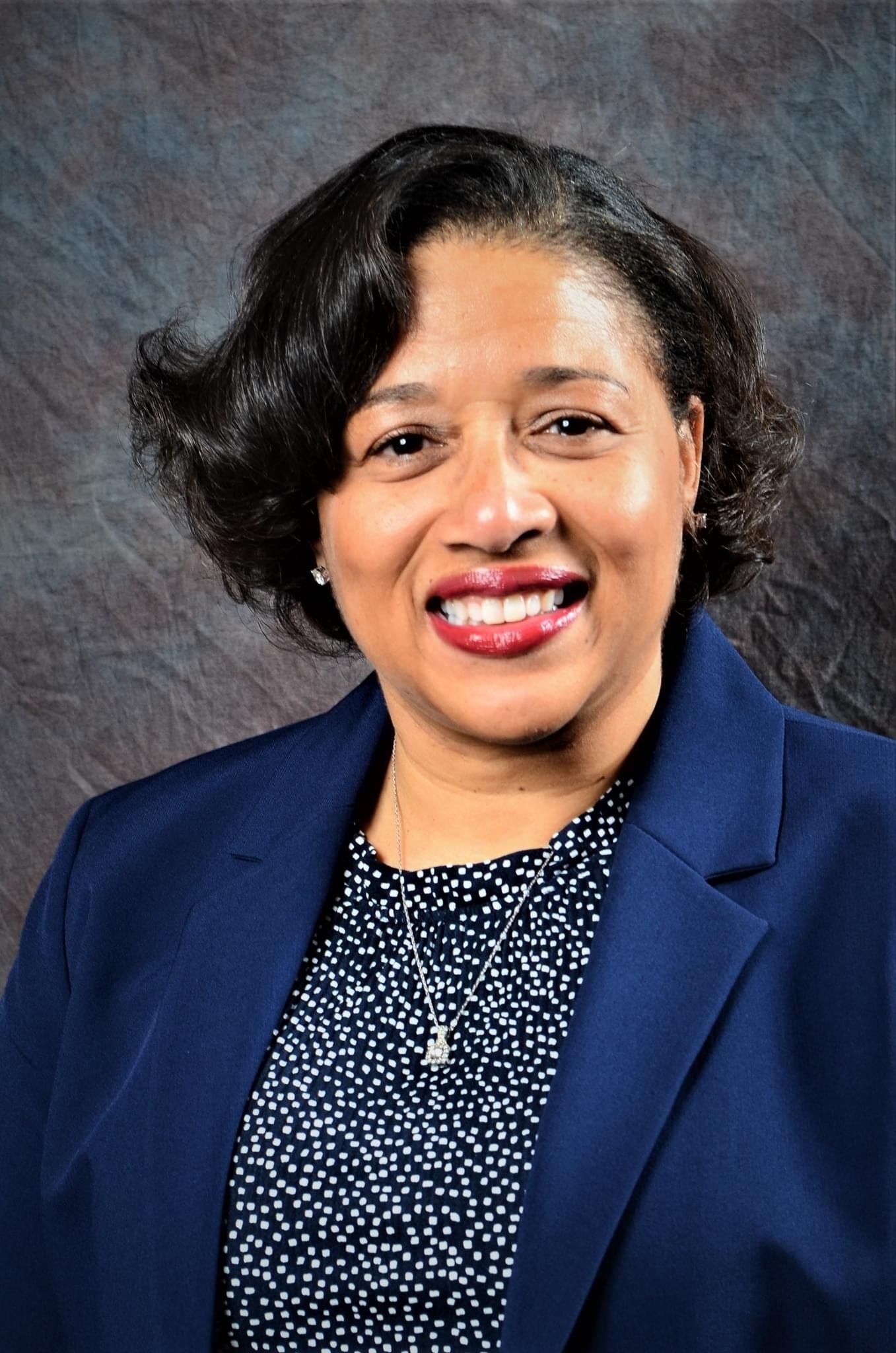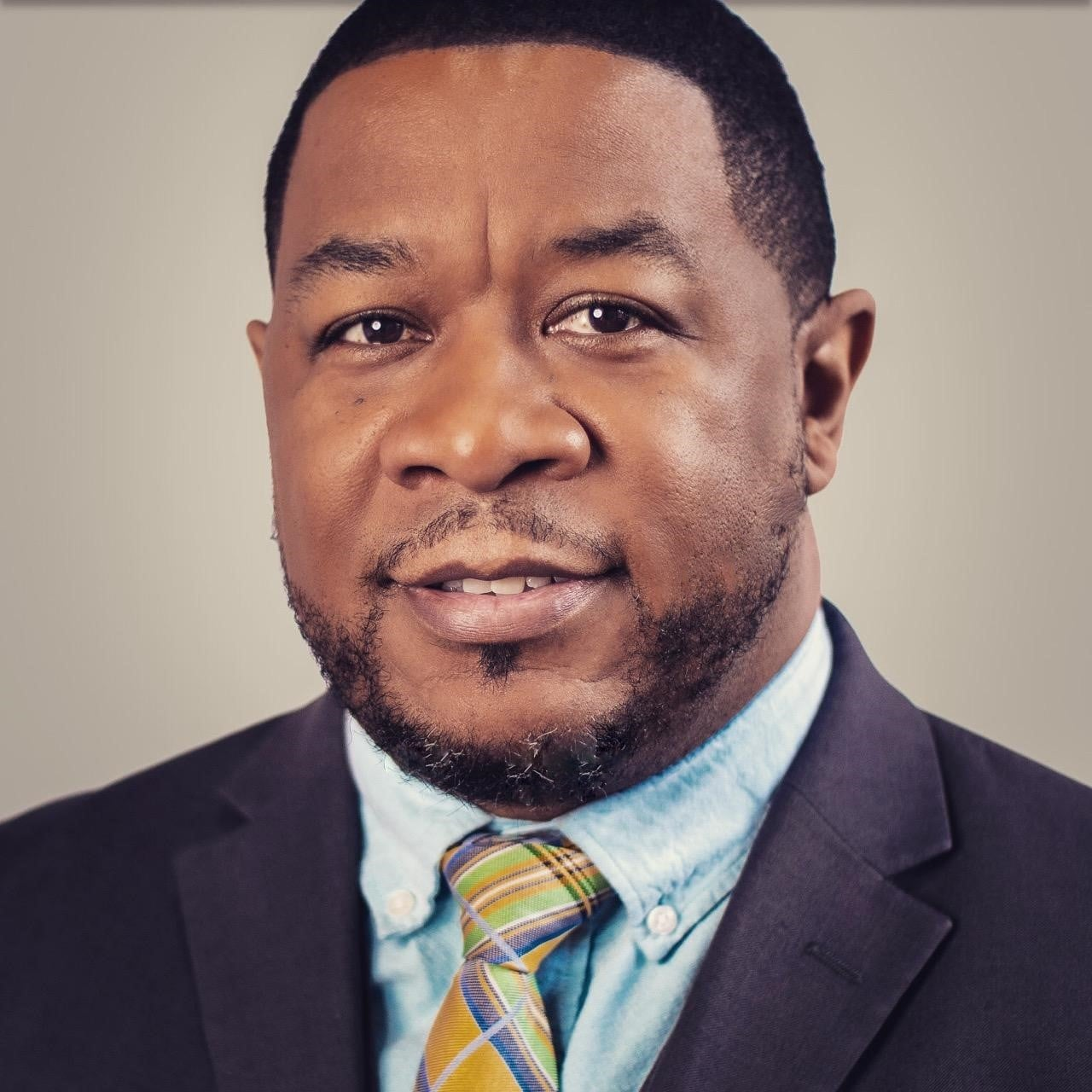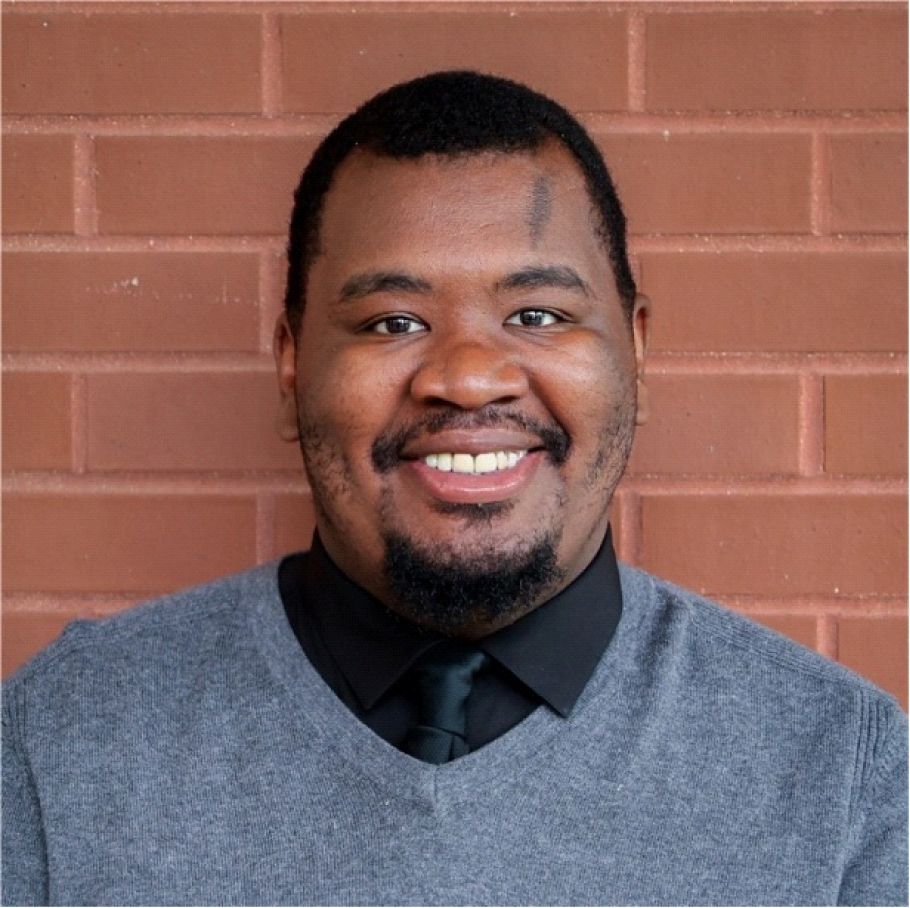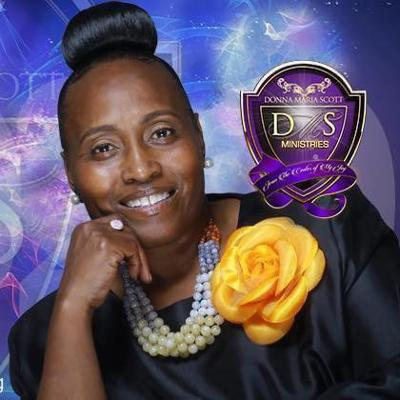Losing A Child
Patricia Sylve

The infant mortality rate is approximately 5.4 deaths per 1,000 live births (per the CDC data). The top five leading causes of infant death are congenital disabilities, preterm birth and low birth weight, SIDS, injuries, and maternal pregnancy complications.
Regardless of its cause, the death of an infant is shattering for surviving parents. The initial shock and devastation are immediately followed by profound grief. For most who are thrust into this crushing reality, all that was right and joyous with the world becomes wrong and insurmountable. Surviving parents often wonder if they will ever feel better as they try to navigate their unimaginable anguish.
Losing a child is an incredibly painful and complex experience. Parents often have many questions as they navigate their grief. Here are some common ones:
- 1. Why did this happen? - Parents may struggle to understand the reasons behind their child’s death, especially if it was sudden or unexpected. This question is a normal reaction and often reflects the deep need for answers and closure.
- 2. Could I have done something to prevent it? - Feelings of guilt and self-blame are common, as parents wonder if there was anything they could have done differently. It’s natural to wonder if different actions could have changed the outcome. It is important to remember that many factors are beyond our control. Self-compassion is vital when processing this type of loss.
How do I cope with this pain? – Managing this type of intense grief and emotional pain can be overwhelming. However, by choosing to seek support from friends, family, or professional counselors, they can easily find comfort in coping with the blow life has dealt them. Engaging in activities that honor your child’s memory may lessen your pain and decrease the number of days that are filled with grief.
How do I support my other children? - Balancing your grief while helping surviving siblings cope can be challenging. Creating a safe space for them to express their feelings and encouraging open communication that is age/emotionally appropriate may help your other children process their loss. Seeking family counseling may also be beneficial.
What should I tell people who ask about my child or children? Expect that you may be caught off guard by those unaware of your loss or where you are in the grief process. You may be asked questions that are difficult to answer and that trigger intense emotions. It’s okay to prepare a response that feels comfortable for you or set a boundary about what you prefer not to discuss.
Will I ever stop grieving or feel “normal” again? - The loss of a child can profoundly alter your sense of normalcy and cause an emotional and spiritual shift in you. While life will not be the same, many parents eventually experience moments of joy and develop a new normal in time.
How will this affect my relationships? - The strain on marriages and other relationships is a common concern and often a reality. Open communication and seeking counseling are good choices to help navigate this challenging reality.
Should I seek professional help? - There can be a stigma around seeking professional help, but it can be very beneficial to maintaining peace, harmony, and normalcy in the family. Grief counselors, therapists, and support groups can provide a safe space to process your emotions and thoughts and find support from others who are skilled and understand.
The questions above touch on the deep emotional and psychological impact of losing a child. Grieving is a deeply personal process. It is important for parents and loved ones to remember to practice self-care and allow themselves to grieve in their own way and time.
Growing Wise Together
Patricia Sylve
You can follow me on Facebook and Instagram
https://www.facebook.com/profile.php?id=61561761345249
https://www.instagram.com/growingwisetogether
Sparkman Articles











